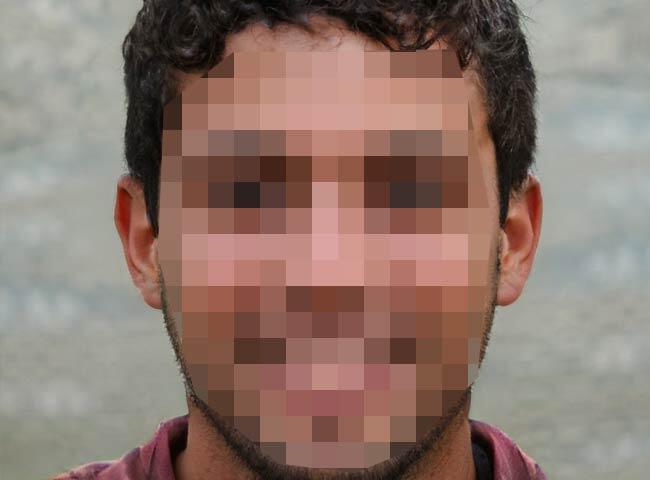Meet Daichi

Daichi's story
Electrolysis Support Fund recipient
Daichi (they/them) first attempted transition in their teens but ended up housing insecure without further support due to their minoritized status. Now past 30, getting masculinizing procedures as a disabled person means their situation changes so often that there is no reliable way to get them covered with insurance. People have pledged further support, though it's frustrating to get the multiple balls rolling as procedure dates are at the whims of chance. Having several conditions affecting the skin makes more expensive electrolysis the only option as well.
Their one love is to get involved in affairs that have nothing to do with them in activism. "There are many paths in life I have almost walked at this point, at least academically. Outdoorspeople like me would say it's only now we are here, so remember wherever you are: you are there!" Daichi shares.
"This will definitely make it clearer to my surgeons that I am very serious at this age about getting affirming surgery of the type I need. It will serve as the official start to this segment of my affirmation process."
Receiving support for hair removal would significantly improve Daichi's quality of life, helping them feel more comfortable and confident in their identity while demonstrating their commitment to their affirmation process and alleviating some of the financial and logistical burdens they currently face.
Daichi's timeline
-
Award Granted
April 13, 2024
Daichi was awarded a grant toward permanent hair removal!
About Hair Removal: Masc Award
On average, it costs $1,700+ for Daichi's care.
- What is it?
- Before care
- After care
What is it?
Point of Pride provides grants to trans masc people seeking hair removal on an area of their body in preparation for bottom surgery.
What is life like for a person who needs this care?
Electrolysis and laser hair removal services are often deemed cosmetic and therefore not covered by health insurance plans, even if such services are medical prerequisites for a covered surgery. For people who cannot afford hair removal, they are stuck without options to move forward with their healthcare needs.
What is the impact of this care on the recipient’s life?
After completing hair removal, these folks are able to move forward with their surgeries. In itself, this often leads to a more positive emotional well-being, increased confidence, and more.
Your support funds healthcare that's
life-changing. Life-saving. Life-giving.